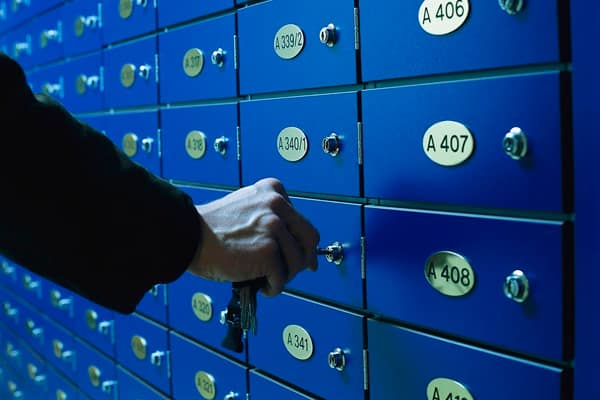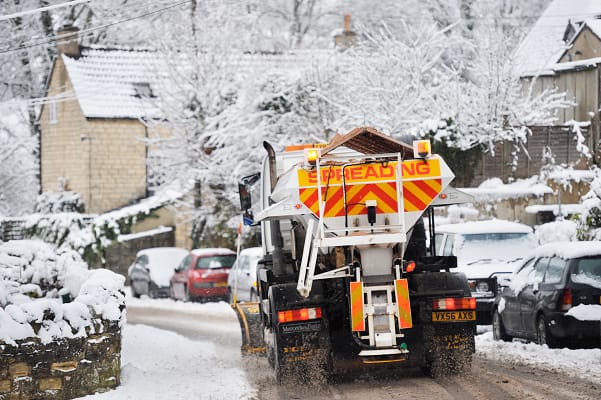Safe deposit boxes, typically rented from banks or credit unions, serve as secure storage for valuable items and critical documents. These boxes, located within bank vaults, offer enhanced security measures against theft, fire, flood, and other potential perils. Despite this, it is pertinent to note that the contents of safe deposit boxes are not insured by the Federal Deposit Insurance Corporation or most banks. This necessitates individuals acquiring additional insurance coverage if required.
Commonly stored items
A considerable number of hard-to-replace documents are often stored within these boxes. These documents include birth certificates, adoption papers, marriage licenses, and citizenship papers. Additionally, copies of wills, powers of attorney, military records, school transcripts, and diplomas are frequently deposited. Important business papers, contracts, and sensitive documents also find their place in safe deposit boxes. Deeds, car titles, and paper stock and bond certificates are typically stored for their significant legal and financial value.
Many individuals store jewelry, collectibles, and family keepsakes in these boxes due to their financial or sentimental worth. Hard drives and flash drives containing backups and vital data are also securely stored. The practice of storing these varied items underscores their importance and the trust placed in the security provided by the storage facilities.
Items not recommended for storage
There are certain items that are not advisable to keep in safe deposit boxes. Cash, for example, because it does not accrue interest and remains uninsured within the safe deposit box. Important documents such as passports, living wills, and medical directives should also be avoided, as these may be needed during an emergency. Additionally, the storage of illegal items—such as firearms, explosives, and illicit drugs—is prohibited. Spare keys or items that might be required on short notice are also considered imprudent to store in these boxes.
The concourse of reasons for the exclusion of specific items primarily hinges on accessibility and legal constraints. Storing items that one may need urgently defeats the purpose of the security provided by the vault, as accessing the items outside of bank hours becomes an issue. The avoidance of storing cash also touches upon the necessity for liquid assets to be productive and insured.
Security and privacy
The security protocols in place at banks make safe deposit boxes more secure compared to home safes. These protocols include alarms, cameras, and the reinforced structure of bank vaults. Authorized individuals are the only ones permitted access to the boxes, thereby maintaining privacy and confidentiality. Additionally, banks and other financial institutions do not possess knowledge of the contents of the boxes. The Internal Revenue Service is unable to access the contents without a specific warrant.
Privacy concerns hold paramount importance for many people. A study found that 62% of Americans believe it is impossible to navigate daily life without companies collecting data about them, underscoring the role of secure storage in providing peace of mind. The desire for secure and private space is critical, considering the lack of transparency in data handling by businesses. In fact, the belief that the potential risks outweigh the benefits is held by 81% of users, reinforcing the appeal of controlled environments like safe deposit boxes for sensitive data.
Furthermore, 63% of internet users distrust companies’ data handling practices, evidencing the need for an alternative avenue for personal data safety, like the use of safe deposit boxes. Many individuals opt to store sensitive information on hard drives or flash drives, given the perceived risk of data exposure through other means.
Legal and insurance considerations
While banks provide secure storage, contents within safe deposit boxes are not insured by the institutions themselves or the FDIC. Consequently, individuals are required to obtain insurance through homeowners’ or renters’ policies if needed. Some banks do offer limited liability coverage, but this varies extensively depending on the institution. Authorities may legally access the boxes, but only through a court order. Banks reserve the right to open boxes in cases of delinquency or bank closure.
A striking legal instance is the FBI’s raid on a Beverly Hills vault where hundreds of safe deposit boxes were opened and inventoried without individual warrants. This action was ruled against by the court, as it violated the Fourth Amendment rights of the box holders. As a result, the court ordered the FBI to destroy the inventory records and return property to the rightful owners.
The demand for safe deposit boxes has observed a decline, particularly among younger customers who display a preference for digital storage solutions. This decline has led some banks to phase out safe deposit boxes, resulting in shortages in certain locations. Rental costs vary based on size and location, with small boxes costing between $15 and $100 annually and larger boxes reaching up to $400 per year.
The usage patterns of safe deposit boxes highlight their role as a sanctuary for documents and valuables. Studies and reports indicate that safe deposit boxes are often utilized to store items that are challenging or impossible to replace. These include family heirlooms, important papers, and keepsakes which hold irreplaceable value.
Understanding the contents of these boxes through different perspectives highlights their utility. For example, a report on the private vault market indicated the overall tendency of individuals to store vital documents and valuable possessions therein. The importance of preserving valuable items and maintaining control over sensitive information reinforces the continued demand for these storage solutions, albeit at a diminished rate compared to previous trends.








